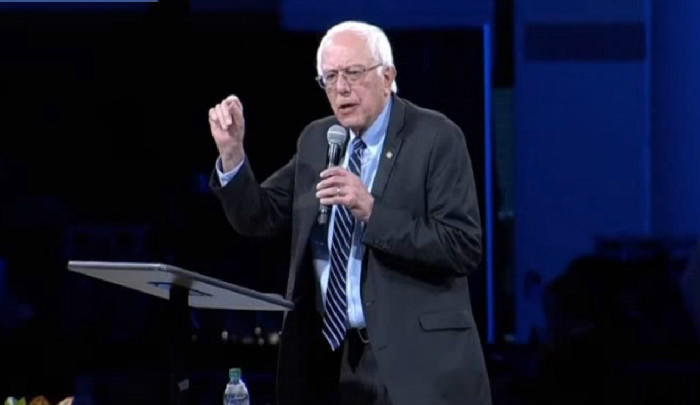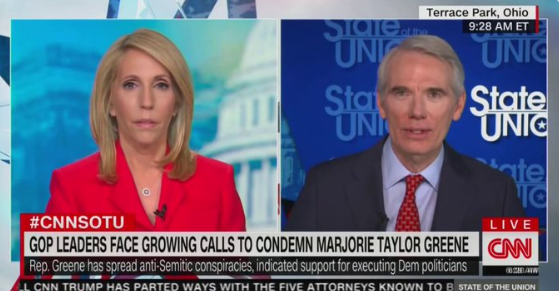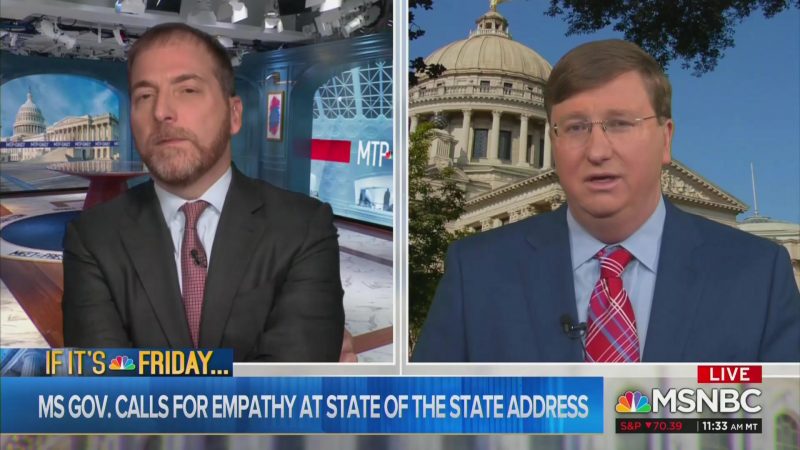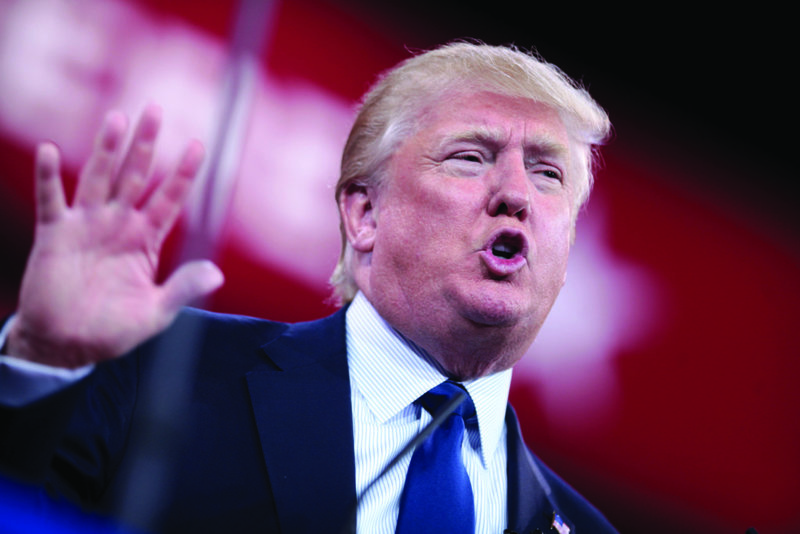Democratic Socialism Is Not Socialism, But It Sure Is Democratic

To those who fear a socialist democrat:
Against the expectations of nearly the entire political world, Bernie Sanders—the Senate’s lone democratic socialist from Vermont—is the first Jewish presidential candidate to win a state primary, and he won the New Hampshire primary by a lot. But while Sanders’ coverage in the media suffers from Donald Trump’s train wreck saturation, he has accomplished the same feat of inter-party revolution.
The Democratic Party’s primary momentum is racing Sanders to the nomination in the left lane, and Hillary’s Clinton triangulation strategy is obsolete for a generational movement heavily skewed young and ethnically diverse. The passion in the left wing is behind Sanders, and his political revolution is made up of unashamed liberals provoked into democratically demanding a new progressive era. If it was delusional to believe Sanders had a shot at winning last summer, it is delusional to believe that Sanders has not taken the lead now. Clinton may be a negotiator for liberal politics, but Bernie Sanders IS liberal politics.
No doubt some small part of Sanders’ success is because he is an interesting candidate. He is the oldest candidate in the field, a cultural grandpa with iconically unkempt hair, and yet Sanders has the most active social media presence online due in large part to millennial obsession. Whether giving epic rants on the Senate floor or yelling for two hours in debate stage closeups, Bernie has a gravity that Hillary Clinton simply cannot imitate.
Like 2008 presidential candidate Barack Obama, Sanders is attracting massive crowds, and like 2008 presidential candidate Hillary Clinton, 2016 Hillary Clinton is behind the times of liberalism. Sanders used to be thought of as a ceremonial sparring partner to push Clinton toward the left in order to better win the general election, but increasingly Clinton is the squire preparing Bernie for a brutally toxic national election against a Republican still in denial over the GOP’s loss in 2008.
As the next round of the nominating process approaches, Sanders continues to have the highest favorability rating of any candidate from either party, and is arguably the general election frontrunner. In the last week and a half, even the sober headlines of statistical analyses at FiveThirtyEight have caught an ember of the Bern, evolving from “It Gets Harder From Here For Bernie Sanders” to “Bernie Sanders’s Path to the Nomination.”
Perhaps the most ridiculed underdog of Election 2016, Sanders is a unique political phenomenon: he has repeatedly identified himself with a term that the conservative movement uses to fearmonger American voters—socialist. But no one can deny that it is working for him.
Sanders’ overwhelming youth support is changing the American political landscape with huge ramifications for America’s future. European-style democratic socialism, long exiled from this side of the North Atlantic, has finally taken root in America. And it is likely going to infuriate the GOP after decades of inappropriate Republican smears of Democrats as “Marxists” and “Communists.” America finally has a legitimate socialist. …Well, kind of.
Social democracy is neither communism, nor is it even socialism. Regardless of what Republicans or monied interests may claim, there is nothing radical about social democracy. Many countries around the world have social democratic political parties functioning within national legislatures, and have had them for decades. Many of these social democratic parties have won national elections repeatedly, such as in Sweden, Denmark and Norway, and these countries’ social populism correlates with low crime, relatively happy citizens, and wealthy per capita GDP. In these social democratic nations, equality is much further along on the moral universe’s long arc.
So what is social democracy? At the most basic level, social democracy is simply a political philosophy that supports government intervention to prevent the abuses of capitalism. To put it another way, social democracy’s goal is to regulate the economy when it screws over everyone who is not rich. Conservatism’s ideal unfettered economy tends to lead to economic inequality, and laissez-faire philosophy, popular with Republican presidents since Warren Harding, looks the other way as corporate interests hoard vast fortunes of money at the expense of an increasingly poor citizenry.
Combine socialism’s advocacy for social interest with democratic activism, and you can etymologically translate Bernie Sanders’ “Democratic Socialist” into Election 2016 English.
Democratic socialism may have taken root earlier in America had it not been for our winner-take-all or “first past the post” electoral system that essentially enforces a locked, two-party political system. A social democratic party could have risen up in the Great Depression or in the post-World War II years, like in most developed, democratic nations, but the rebranded Democratic Party of Franklin Roosevelt’s New Deal essentially adopted much of the social democratic platform and dominated American politics through the presidential elections of Roosevelt, Truman, Kennedy and Johnson. However, democratic socialism’s safety net fibers have been gradually untied throughout the Reagan-era with über-capitalistic legislation. America’s Social Security, Medicaid, food stamps, minimum wage, etc. today are hardly world wonders of societal protection.
As a result, the word “socialist” and Republicans inevitably coming political smears are a little misleading. Long ago, mainstream liberalism in America dropped any notion of actually socialist government, and has sought for the last eighty years or so to merely equip capitalism with minimal pressure-releasing valves in order to prevent outright revolution against private wealth. Bernie Sanders will not collectivize private property, nor will he direct the means of production, but he will endeavor to raise the minimum wage, overturn Citizens United, and further improve America’s healthcare system.
Aside from greater economic egalitarianism, Sanders’ democratic socialism seeks to achieve greater social justice and equality for marginalized minority groups, and promotes a more representationally accurate and responsive legislative branch of government. The goal is to minimize majority group privilege, and to maximize societal participation across religious, ethnic, and identity divisions.
There is no reason to be afraid of this. Democratic socialism is desperately needed in our era of unprecedented economic inequality, one that is eclipsing even the Roaring Twenties. Deregulated campaign finance laws have unleashed a corrupt system in which the rich can buy elections to further their economic hegemony over the America citizenry, but Bernie Sanders will not retire to Vermont until power is returned to the people.






